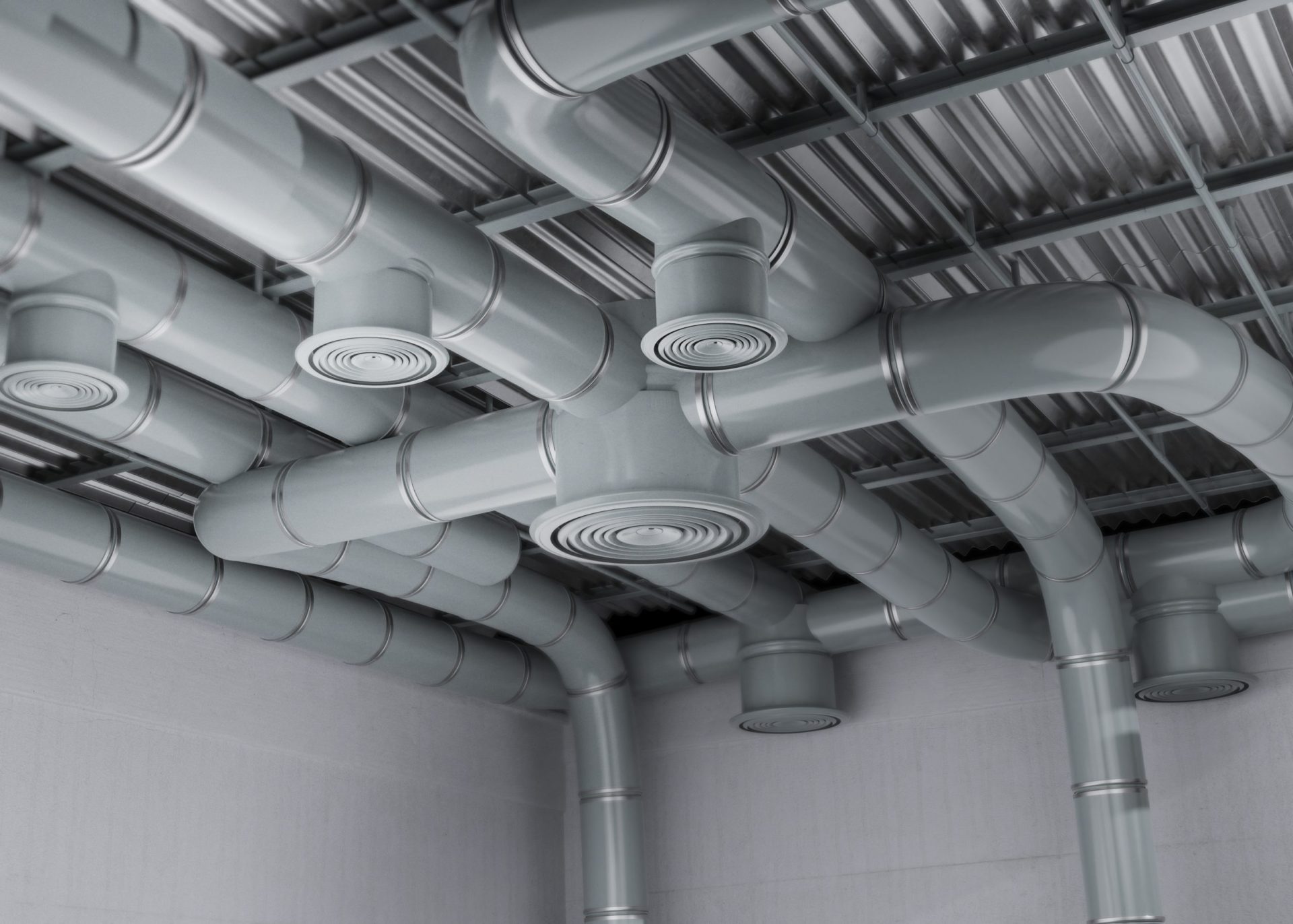- Change the air filter regularly: A dirty air filter can reduce the efficiency of your HVAC system and cause it to work harder, leading to higher energy bills and potential damage. It’s recommended to change your air filter every 1-3 months, depending on usage and the environment.
- Clean the coils: The coils in your HVAC system can become clogged with dust and debris, reducing its efficiency. Cleaning the coils can help improve the efficiency of your system and prolong its lifespan.
- Check the thermostat: Your thermostat controls the temperature in your home, so it’s important to make sure it’s working properly. Check the batteries and settings to ensure that your thermostat is accurate and responsive.
- Inspect and clean the ductwork: Dirty ductwork can cause a variety of problems, including poor indoor air quality and reduced efficiency. Regularly inspecting and cleaning your ductwork can help improve your HVAC system’s performance.
- Clean and maintain the outside unit: The outside unit of your HVAC system can become clogged with debris, such as leaves and twigs, which can reduce its efficiency. Cleaning the unit and making sure there is proper ventilation can help improve its performance.
- Schedule regular maintenance: Regular maintenance by a professional can help identify and fix any potential issues before they become bigger problems. It’s recommended to schedule maintenance at least once a year.
- Keep the area around the HVAC unit clear: Make sure that the area around your HVAC unit is clear of debris and obstacles. This will help ensure proper airflow and prevent damage to the unit.
- Check for leaks: Leaks in your HVAC system can lead to wasted energy and higher bills. Regularly check for leaks and have them repaired as soon as possible.
- Insulate the ducts: Insulating your ducts can help keep the warm or cool air inside them and reduce the amount of energy needed to heat or cool your home.
- Invest in a programmable thermostat: A programmable thermostat can help you control the temperature in your home more efficiently, and can save you money on your energy bills.
By following these tips for preventive maintenance, you can help ensure that your HVAC system is running at peak performance and efficiency, and help prolong its lifespan. It’s also important to remember to always call a professional for any repairs or maintenance that you are not comfortable doing yourself.


